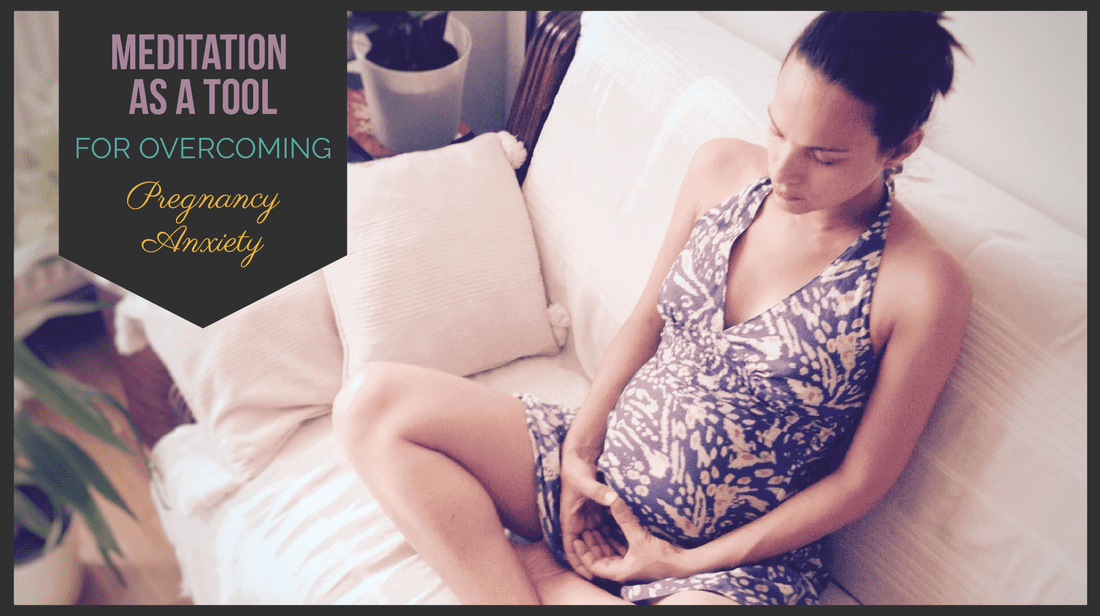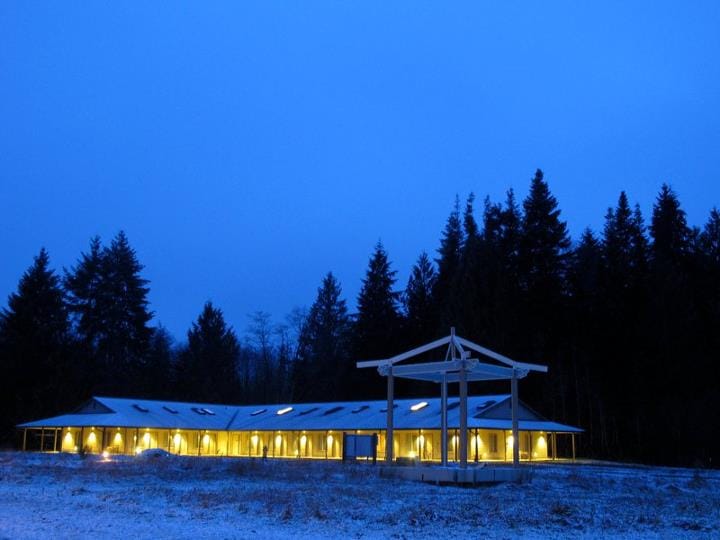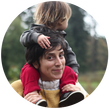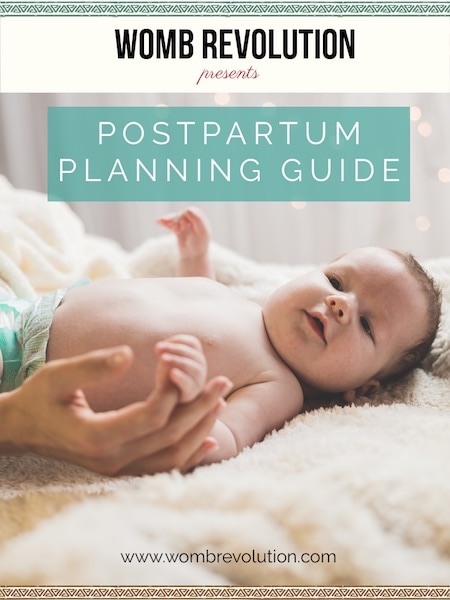To make things even harder, you’re supposed to stay relaxed and happy, since everyone knows that stress is not good for the baby. Some studies have shown moms with high levels of anxiety during pregnancy are more prone to go into birth prematurely and their babies more likely to have complications.
| “Some studies have shown moms with high levels of anxiety during pregnancy are more prone to go into birth prematurely and their babies more likely to have complications.” |
A close friend of mine had done a Vipassana course and she couldn’t stop taking about how amazing and life-changing it had been for her.
The idea was intriguing, but it also sounded crazy!
The rules are pretty strict: you spend 10 days in a remote meditation center, you give away your phone and any other ways of communication. The food is all vegetarian (I love that part) and not much of it: wake up at 4am, breakfast at 6:30, lunch at 11am and then tea and fruit at 5pm. If you're pregnant they do flex this rule though. I did two courses while pregnant. I was able to eat dinner and I even got a special snack box that I could access any time.
You can’t talk to anyone, you can’t read, write, draw, listen to music or even do yoga. You spend most of the day sitting down, trying your hard best to clear up all the clutter of your mind to focus on your breath.
| As for the actual technique, Vipassana literally means “to see things for what they really are,” and it's at its core a deep process of self-observation. The first three days of the course you practice focusing on your breath to sharpen the mind, and in the 4th day you learn to scan your body’s sensations and unlearn the automatic labeling that causes us to react to them. Awareness and equanimity are the goals. |
| “Vipassana literally means 'to see things as they really are,' and it's at its core a deep process of self-observation. ” |
I recently came back from a short 3-day version of the course (which is available only to old students) and I was reminded of how amazingly helpful it is to meditate.
I have learned many lessons from Vipassana, reflected deeply about my life thanks to it and I couldn’t possibly list all the ways in which it has changed me for better. But I do want to write about how it has specifically helped me during my pregnancies and during my labor and birth.
So here, three reasons why I think doing a Vipassana course can help reduce anxiety during pregnancy and prepare you for labor, birth and parenting:
And that’s all right. You can observe. What are the things that keep coming back to your mind over and over? What worries, excites or scares you? You might be surprised by some of the places your mind will go!
| “We’re so used to talking to people about the things that cross our minds that we often lose the precious gift of processing things privately.” |
| In a past blog post I wrote about my struggle talking to people about my second pregnancy. I went through a sort of pregnancy denial. I knew I was pregnant, but still I chose to pretend like nothing was going on. Even as I started feeling the baby’s kicks, my life has been so noisy and busy that I didn’t pay much attention to them. |
Since Vipassana meditation consists solely on paying attention to the sensations of your body, I was quite aware of every little movement my baby made. For the first time I started noticing his patterns. Part of me felt like I was somehow cheating. You’re not supposed to communicate with anyone, but my baby and me were definitely communicating. I started rubbing my belly with oils again and I would feel him respond to the love and attention I was giving to my womb. It was really nice to get some time to bond with him away from all the noise and distractions of daily life. It was our first adventure just the two of us together.
| “It was really nice to get some time to bond with my baby away from all the noise and distractions of daily life. ” |
As more and more people search a holistic and balanced approach to their wellbeing, the mind-body connection will be often brought up. But with Vipassana you get very tangible, empirical knowledge about how your thoughts affect your body and how your body affects your thoughts. There is nothing like the things you learn through your own experience!
Obviously sitting down for so many hours a day for so many days in a row can be quite uncomfortable to say the least. During my first course I kept experiencing a sharp pain in my back and this last three-day course my coccyx was killing me. Everyone experiences different kinds and degrees of pain, but the instruction is always the same: observe the sensation and don’t react to it. After a while of doing this, it becomes obvious that the pain worsens when you focus on it, especially if you start developing anger or frustration about it. But when you remain equanimous, some times you can break down the sensation into smaller pieces, noticing how each one of them is continuously changing until the pain completely goes away. During the course we are taught not to crave the disappearance of the pain, but to remember that all the sensations you feel, whether pleasant or unpleasant, are impermanent and continue to change constantly.
| “After a while, it becomes obvious that pain worsens when you focus on it, especially if you start developing anger or frustration about it. ” |
If you’re interested on learning more about Vipassana courses or you want to sign up, check out their official website. It can be hard to get a spot in the course (they fill out fast!) so make sure to plan in advance.
What do you think about a 10-day silent meditation course? Would you be willing to try it out?




